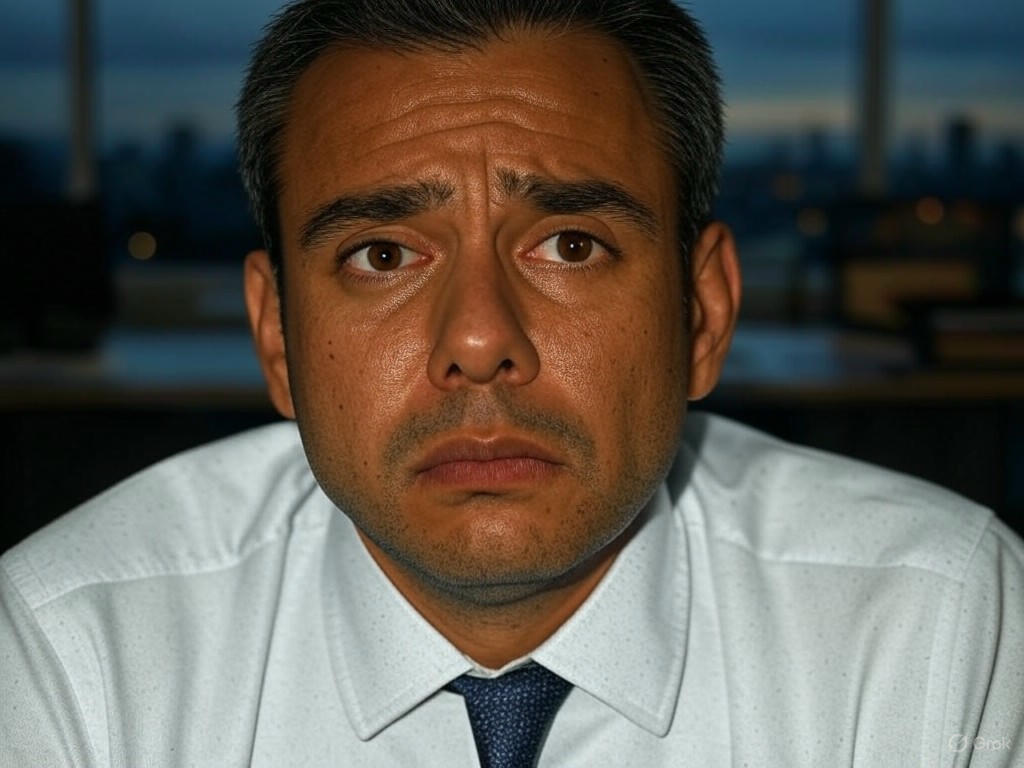Sarepta Therapeutics Faces Setback as Stock Drops Amid Gene Therapy Concerns
Sarepta Therapeutics, a prominent player in the biotech industry, has encountered a significant hurdle as its stock value plummeted following tragic news. Reports have surfaced that a second patient has passed away while undergoing treatment with the company’s experimental gene therapy. This development has sent shockwaves through the investment community, raising serious questions about the safety and future of Sarepta’s innovative treatment approach.
The biotech firm has been at the forefront of developing therapies for rare genetic disorders, particularly focusing on conditions like Duchenne muscular dystrophy. Their gene therapy program was seen as a potential game-changer, offering hope to patients with limited treatment options. However, the recent incident marks the second fatality linked to the therapy, casting a shadow over the program’s progress. Investors, who had previously shown confidence in Sarepta’s pipeline, reacted swiftly, driving the company’s shares down sharply in a matter of hours. The financial impact reflects broader concerns about the risks associated with cutting-edge medical technologies, where the line between breakthrough and setback can be razor-thin.
Analysts are now scrutinizing the implications of these events on Sarepta’s future. While the company has not released detailed information about the circumstances surrounding the patient’s death, the lack of transparency has fueled speculation. Some industry experts suggest that the therapy’s delivery mechanism or dosage levels might be contributing factors, though nothing has been confirmed. Regulatory bodies are likely to intensify their oversight, potentially delaying clinical trials or requiring additional safety studies. This could slow down Sarepta’s timeline for bringing the therapy to market, a delay that might cost the company both financially and in terms of public trust. Meanwhile, competitors in the gene therapy space may gain ground, as they capitalize on Sarepta’s current challenges to push their own solutions forward.
For patients and their families, the news is particularly disheartening. Many had pinned their hopes on Sarepta’s therapy as a lifeline for debilitating conditions. Advocacy groups are calling for thorough investigations to ensure that safety remains the top priority, while still urging the industry not to abandon promising research. The balance between innovation and risk is a delicate one, and Sarepta now finds itself at the center of this debate.
As the situation unfolds, Sarepta Therapeutics must navigate a complex path forward. Rebuilding investor confidence will require clear communication and decisive action to address safety concerns. The company’s leadership is under pressure to demonstrate that they can learn from these tragic events and adapt their approach. While the road ahead is uncertain, the biotech sector as a whole will be watching closely, as Sarepta’s response could set a precedent for how emerging therapies are developed and regulated. For now, the industry holds its breath, hoping that innovation can overcome adversity without compromising the very lives it aims to save.


